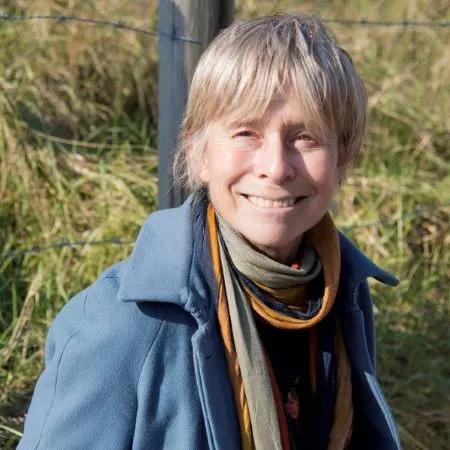In this lecture on contemporary applications of anthropological concepts, Dr. Monique Borgerhoff Mulder presents several examples of topics and research areas that are currently explored in environmental anthropology. She starts with biodiversity and lays out the different lenses that different actors bring to the definition of biodiversity and its social benefits. She connects biodiversity to the idea of environmentally noble savages, that indigenous people are synonymous with conservation, and she highlights the complex relationship between cultural and biological diversity. She then focuses on traditional ecological knowledge as a topic within which many assumptions are made and argues that it is not static over time or necessarily aligned with the scale of environmental change. Finally, she uses examples of the tragedy of the commons and the opposite idea, protected areas for conservation, and notes that anthropologists have critiqued assumptions in each of these approaches to understanding environmental problems.
Authors and works named during the presentation: E.O. Wilson, Marc Chapin, James Mosimann & Paul Martin, Allyn Stearman, Julian Steward, Joslin Moore, Harold Conklin, Johan Colding & Carl Folke, Eric A. Smith & Mark Wishnie, Garrett Hardin, Robert McC. Netting, Elinor Ostrom.
This video is a recording of a presentation given as part of SESYNC’s Socio-Environmental Immersion program.
-
About the Presenters
Monique Borgerhoff Mulder
External Advisory Board MemberDr. Monique Borgerhoff Mulder is a Distinguished Research Professor of Anthropology at the University of California, Davis and is affiliated with the Max Planck Institute for Evolutionary Anthropology. She uses the theory and methods of behavioral ecology to address aspects of human behavioral variation, engaging in focused ethnographic research, quantitative demographic analysis, and systematic comparative studies. Her research focuses in three distinct areas: life history variation (including patterns of marriage and childrearing), the distribution of cultural traits across societies, and...
Monique Borgerhoff Mulder
External Advisory Board MemberDr. Monique Borgerhoff Mulder is a Distinguished Research Professor of Anthropology at the University of California, Davis and is affiliated with the Max Planck Institute for Evolutionary Anthropology. She uses the theory and methods of behavioral ecology to address aspects of human behavioral variation, engaging in focused ethnographic research, quantitative demographic analysis, and systematic comparative studies. Her research focuses in three distinct areas: life history variation (including patterns of marriage and childrearing), the distribution of cultural traits across societies, and the links between conservation and economic development, and she is increasingly engaged in the implementation, monitoring, and evaluation of applied projects in East Africa. She co-directs a program on the intergenerational transmission of inequality with Sam Bowles at the Santa Fe Institute, and is co-founder of Savannas Forever Tanzania – Data for Development. Dr. Borgerhoff Mulder was elected to the National Academy of Sciences in 2021.
External Links:
https://anthropology.ucdavis.edu/people/fzborger -
Supporting Materials
Presentation slides:
Reading list:
Smith, E. A., & Wishnie, M. (2000). Conservation and subsistence in small-scale societies. Annual Review of Anthropology, 29(1), 493–524. https://doi.org/10.1146/annurev.anthro.29.1.493
Wilson, D. S., Ostrom, E., & Cox, M. E. (2013). Generalizing the core design principles for the efficacy of groups. Journal of Economic Behavior & Organization, 90, S21-S32. https://dx.doi.org/10.1016/j.jebo.2012.12.010
The presenter assigned these readings to accompany the lecture during the original workshop.
